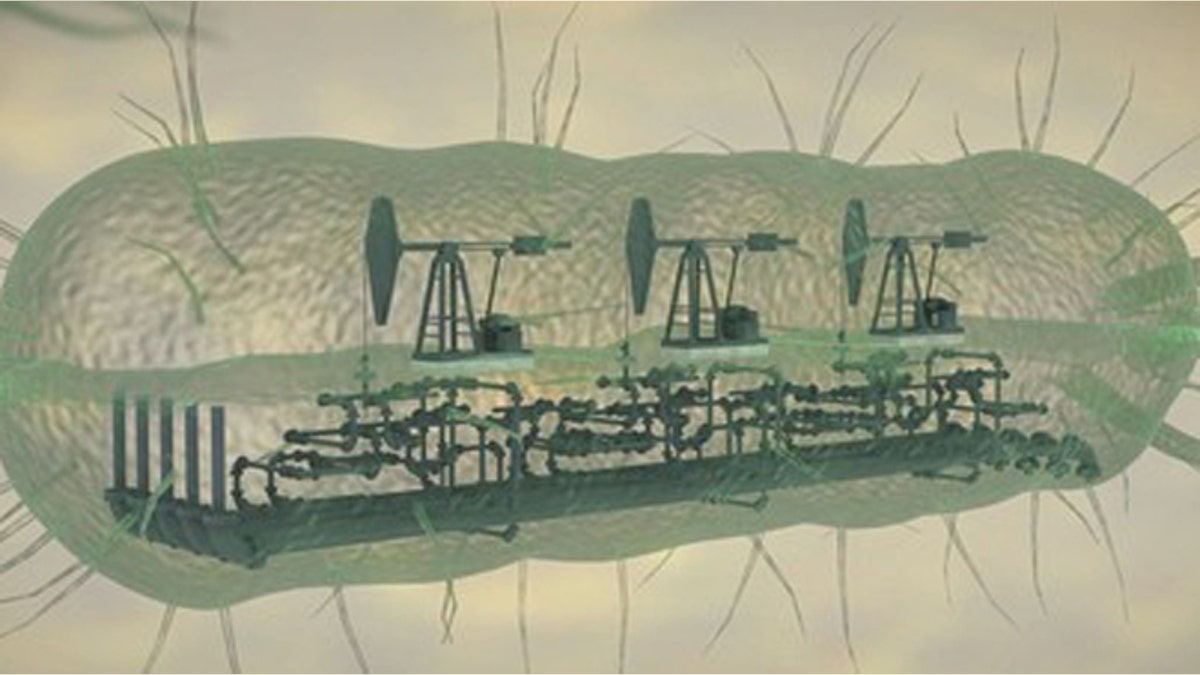
Researchers at Korea Advanced Institute of Science and Technology have tapped into E. coli to reprogram the bacteria to produce gasoline. (Korea Advanced Institute of Science and Technology)
Escherichia coli can cause serious food poisoning but Korean scientists have come up with a more helpful use for the sometimes-deadly bacteria: producing gasoline.
Using genetically modified E. coli to generate biofuel isn’t new. U.K. scientists said in April they have developed a process under which the bacterium turns biomass into an oil that is almost identical to conventional diesel–a development that followed similar research by U.S. biotechnology firm LS9 in 2010.
But the breakthrough this time is important because the reprogrammed E. coli can produce gasoline, a high-premium oil product that’s more expensive than diesel if the biofuel becomes commercially viable, according to Prof. Lee Sang-yup at the Korea Advanced Institute of Science and Technology. His team’s study was published in the international science journal Nature on Monday.
“The significance of this breakthrough is that you don’t have to go through another process to crack the oil created by E. coli to produce gasoline. We have succeeded in converting glucose or waste biomass directly into gasoline,” Mr. Lee told The Wall Street Journal.
“The gasoline we’re generating could be used in your car. It has identical composition and chemical properties to conventional petrol.”
When the modified E. coli were fed glucose, found in plants or other non-food crops, the enzymes they produced converted the sugar into fatty acids and then turned these into hydrocarbons that were chemically and structurally identical to those found in commercial fuel, Mr. Lee said.
The days of bacteria-powered cars, however, are still far off. For now, Mr. Lee’s KAIST lab is creating only a few drops of the fuel per hour—making just 580 milligrams of gasoline from one liter of glucose culture.
Read the full report on The Wall Street Journal.